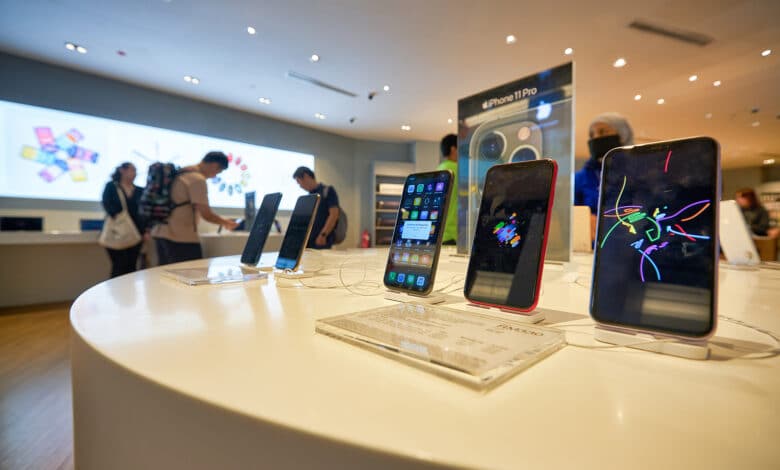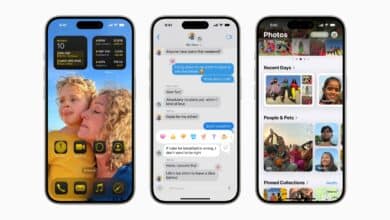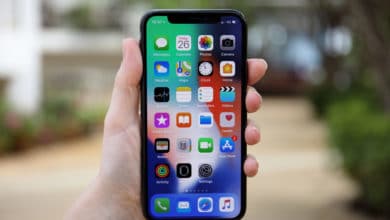
Apple has recently been focusing on a higher level of data protection for iPhone users worldwide. This initiative is particularly reflected in the new tracking mechanism. For some time now, users of Apple’s smartphone have had the option to turn tracking on or off. This decision can be made individually for each app. What has given Apple a good reputation, especially in data protection circles, has angered other big names in the tech industry. After all, deactivating tracking also dries up a lot of revenue streams. In particular, companies that generate the majority of their revenue from advertising now have to accept increased costs. Social networks like Facebook are, of course, severely upset about this.
Advertising revenue shrinks by about $10 billion
With the release of iOS 14.5, Apple introduced optional tracking on its iPhones. Since, of course, many users decide against tracking, this immensely depresses the advertising revenue of Facebook & Co. on the iPhone. A whopping $10 billion is estimated to have slipped through the fingers of YouTube, Twitter, Snapchat and Facebook. This was brought to light by the Financial Times in a recent article. The major business magazine used an ad tech company that specializes in advertising in digital media as its source. Expressed in whole numbers, the deficit already sounds like a sensitive evil. But if you look at the revenue losses in the advertising sector in percentage terms, it becomes even clearer. For example, the four companies suffered revenue losses of 12 percent.
Revenue decline depresses stock values
Social media pioneer Facebook in particular has always generated the lion’s share of its revenue largely from advertising. Accordingly, it is hardly surprising that it is CEO Mark Zuckerberg’s social network in particular that is suffering from Apple’s optional tracking. Since Facebook’s reputation as a “data octopus” already precedes it, hardly any user will agree to tracking here. Of course, the company is anything but pleased about this. Thus, it recently pressed the tear-jerker again by saying that Apple’s data protection initiative is a major detriment to companies that rely on advertising. But even the slightly smaller companies are hardly getting off any better. Snapchat on iPhones, for example, is also taking a bitter loss. As a result, the company’s share prices shrank by 25 percent.
Tracking only after consent
But what exactly is this feature that has made its way onto iPhones with iOS 14.5? When you open an app on Apple’s smartphone, the device asks you whether or not you want to allow tracking for advertising purposes. In the course of this, almost 80 percent of users decide against corresponding tracking. If you decide against tracking, iOS ensures that the app cannot read the device’s advertising ID. Profiling, which is elementary for advertising, is then no longer possible. And that is exactly what makes Facebook’s revenues and profits rise year after year. As more and more users register on the social network and actively like, dislike and consume certain content, the company can create a profile for each individual user.
Advertising partners are then given a tailored target group that Facebook has previously filtered. Of course, the filter mechanisms for iPhone users are now severely limited for Facebook & Co. Accordingly, only data that has a much lower value can be delivered. An exciting calculation has already mentioned the ad tech company to the Financial Times to illustrate. For example, the cost to a manufacturer of men’s underwear was previously $5 per 1000 men who were shown a corresponding ad when using their app. The cost to the company is now twice as high because, given the lack of knowledge about the gender of the user, they would now have to show the ad to 2000 users to achieve comparable efficiency.
Android users get more ads
But how should advertisers now react so as not to have to cope with losses in advertising efficiency? The Financial Times has also made a conjecture on this. So the companies will not cut expenses, but simply weight their advertising dollars differently. Since advertising on iPhones is too expensive, more advertising is likely to be done on Android devices. Alternatively, they could turn away from Facebook & Co. and use Apple’s in-house advertising business instead. After all, Apple has not only integrated the new freedom of choice in tracking for the love of data protection. The business with advertising is also becoming increasingly interesting for the smartphone giant. The fact that advertising is becoming increasingly important for the company was also confirmed by Apple’s CFO when asked by the Financial Times.



